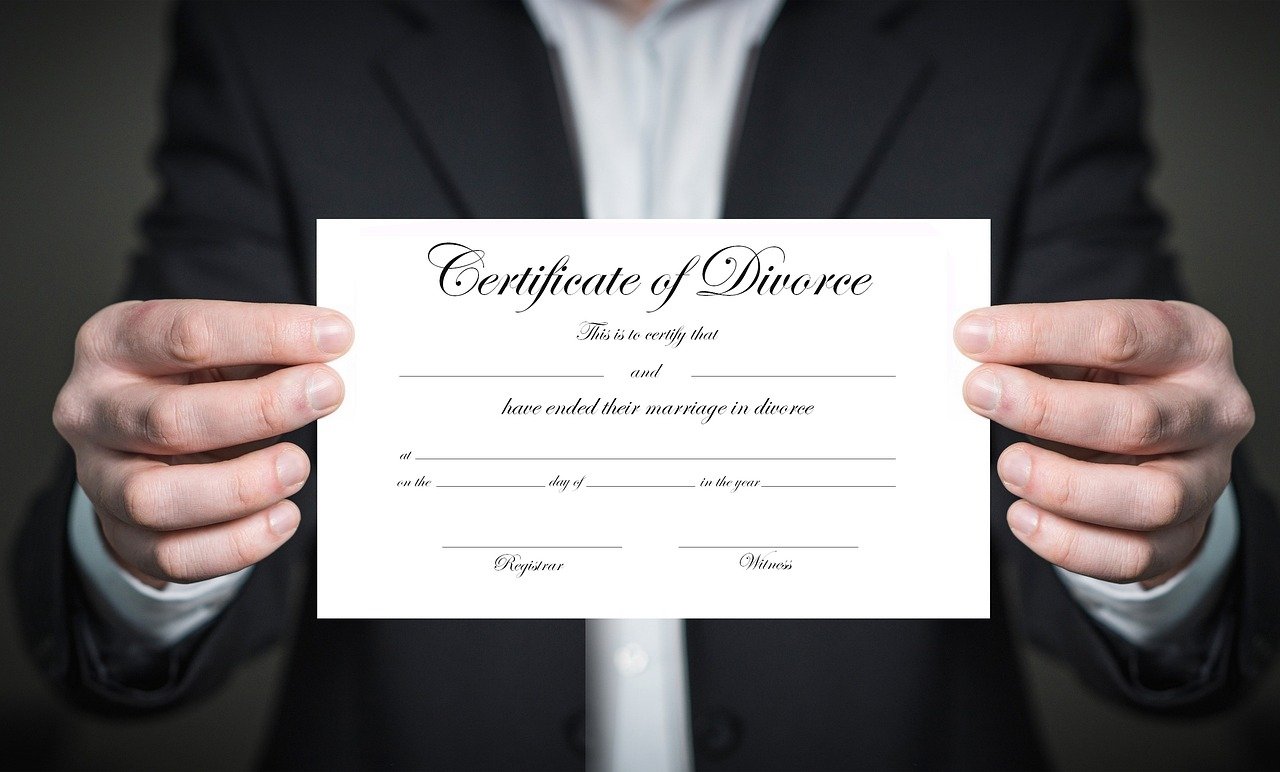An uncontested divorce can simplify the dissolution of a marriage, making it quicker, less stressful, and cost-effective. However, the process still requires filing the correct documents, adhering to legal procedures, and understanding the nuances of Massachusetts divorce law. This guide will walk you through the steps to file for an uncontested divorce in Massachusetts, including which documents to file, how to e-file, and an explanation of merging and surviving agreements. If you’re considering this route, working with an uncontested divorce lawyer can ensure the process is seamless and legally sound.
What Is an Uncontested Divorce?
An uncontested divorce occurs when both spouses mutually agree on the terms of their separation, including division of assets, child custody, support, and other legal matters. This type of divorce avoids lengthy court battles and is particularly suitable for couples who can communicate amicably.
Step 1: Understanding the Documents You Need
In Massachusetts, an uncontested divorce is filed under Chapter 208, Section 1A of the Massachusetts General Laws. Here are the key documents you’ll need to complete:
1. Joint Petition for Divorce (Form CJ-D 101A)
- This form officially starts the divorce process. It includes basic details about your marriage, including names, addresses, and the date of separation.
2. Separation Agreement
- A detailed document outlining the agreed-upon terms of the divorce, including property division, spousal support, child custody, and parenting plans. This is a critical document that the court will review and approve.
3. Financial Statements
- Both spouses must complete a financial statement (Form CJ-D 301) to disclose assets, liabilities, income, and expenses.
- Use the short form if your annual income is under $75,000 or the long form if it exceeds $75,000.
4. Affidavit of Irretrievable Breakdown of Marriage
- This document affirms that the marriage has broken down irretrievably, which is a requirement for no-fault divorces in Massachusetts.
5. Certificate of Absolute Divorce or Annulment
- Required by the court for statistical purposes. It documents basic details about your divorce for state records.
6. Child Support Guidelines Worksheet (if applicable)
- If you have children, this worksheet calculates child support payments based on Massachusetts guidelines.
Step 2: Drafting the Separation Agreement
The separation agreement is the cornerstone of an uncontested divorce. It should address all major issues, including:
- Division of Property: Who gets the house, cars, savings accounts, and debts?
- Spousal Support (Alimony): Whether one spouse will pay support and for how long.
- Child Custody and Support: Parenting schedules, custody arrangements, and financial responsibilities.
To ensure the agreement is fair and comprehensive, consult an uncontested divorce lawyer. They can help draft a legally sound document that the court is more likely to approve.
Step 3: Filing the Documents
In Massachusetts, you can file divorce documents:
- In-Person: Visit the Probate and Family Court in the county where either spouse resides.
- Online (E-Filing): Massachusetts allows e-filing for divorce cases in certain counties.
How to E-File
- Register: Create an account on the Massachusetts eFileMA portal.
- Upload Documents: Submit all required forms, including the joint petition, financial statements, and separation agreement.
- Pay the Filing Fee: As of 2024, the filing fee is $215. Fee waivers are available for individuals who qualify based on income.
E-filing is convenient and speeds up the process, but any errors in your submission can lead to delays. An uncontested divorce lawyer can review your documents to ensure everything is accurate before submission.
Step 4: Attending the Divorce Hearing
Once your documents are filed, the court will schedule a hearing. Both spouses must attend. During the hearing, the judge will:
- Review the separation agreement to ensure it’s fair and reasonable.
- Verify that both spouses understand and voluntarily agree to the terms.
If everything is in order, the judge will approve the divorce and issue a Judgment of Divorce Nisi, which becomes final after 90 days.
Merging vs. Surviving Agreements
A critical aspect of Massachusetts divorce law is whether the terms of your separation agreement “merge” with the divorce judgment or “survive” it.
1. Merging Agreement
- The agreement becomes part of the court’s judgment and can be modified later if circumstances change (e.g., changes in income or child custody needs).
2. Surviving Agreement
- The agreement stands as a separate contract, enforceable independently of the court’s judgment. These terms are typically non-modifiable except under extreme circumstances.
Determining which option is best for your situation depends on the specific terms of your divorce. An uncontested divorce lawyer can guide you through this decision and its implications.
Benefits of Hiring an Uncontested Divorce Lawyer
Although uncontested divorces are less complicated than contested ones, they still require legal expertise to ensure everything is done correctly. Here’s how a lawyer can help:
- Accuracy: Ensure all forms are correctly completed and submitted.
- Fairness: Help draft a separation agreement that protects your interests.
- Legal Advice: Explain complex legal concepts, like merging and surviving agreements.
- Efficiency: Avoid delays by addressing potential issues before filing.
Tips for a Smooth Filing Process
- Be Thorough: Incomplete or inaccurate forms can cause delays.
- Communicate Openly: Ensure both spouses agree on all terms before filing.
- Plan Ahead: Gather all necessary documents, such as tax returns, pay stubs, and property deeds, in advance.
Final Thoughts
Filing for an uncontested divorce in Massachusetts can be a straightforward process if both spouses are in agreement and the necessary steps are followed. From drafting a comprehensive separation agreement to e-filing documents, every stage requires attention to detail and legal knowledge.
While it’s possible to handle the process independently, consulting an uncontested divorce lawyer is highly recommended. Their expertise ensures your rights are protected and the divorce is finalized smoothly, allowing you to move forward with confidence.





Leave a Reply